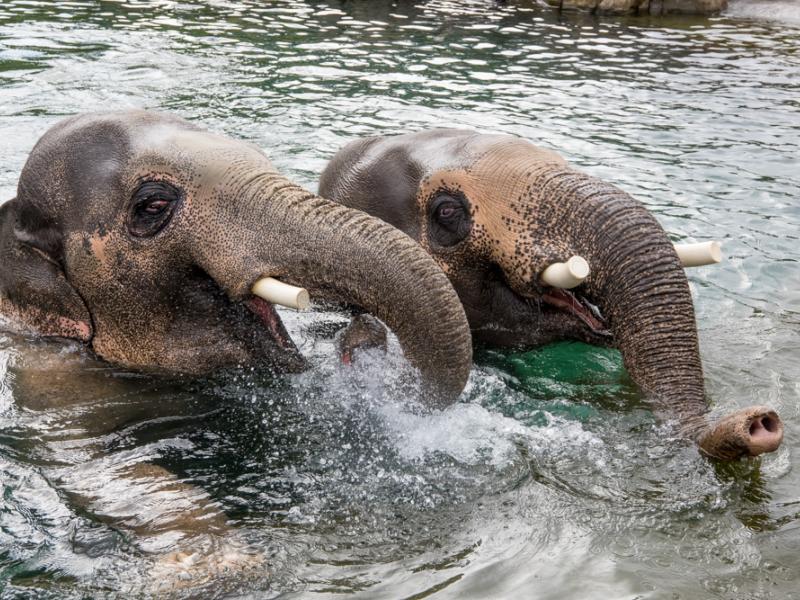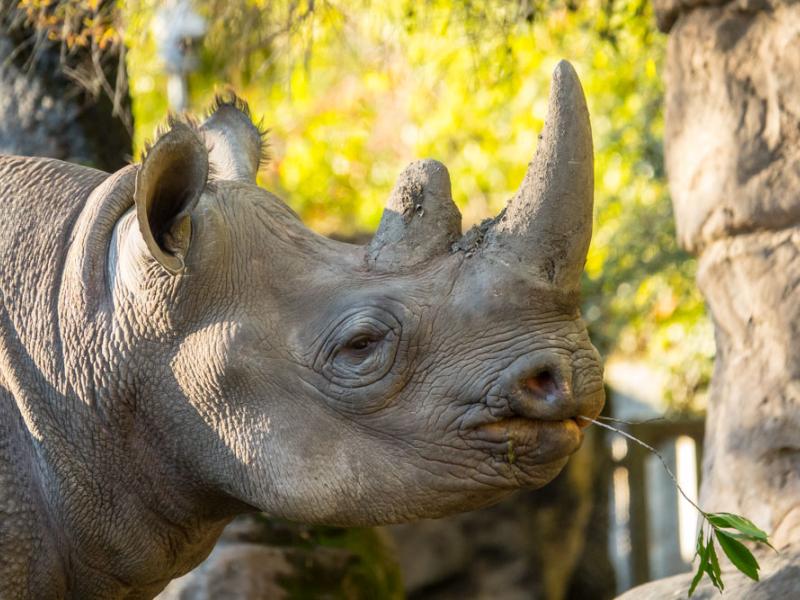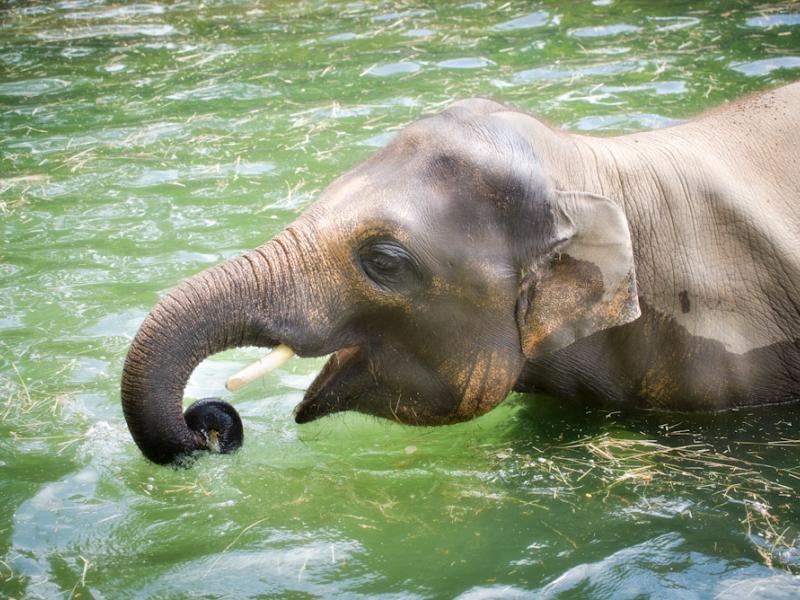Small actions that help salmon
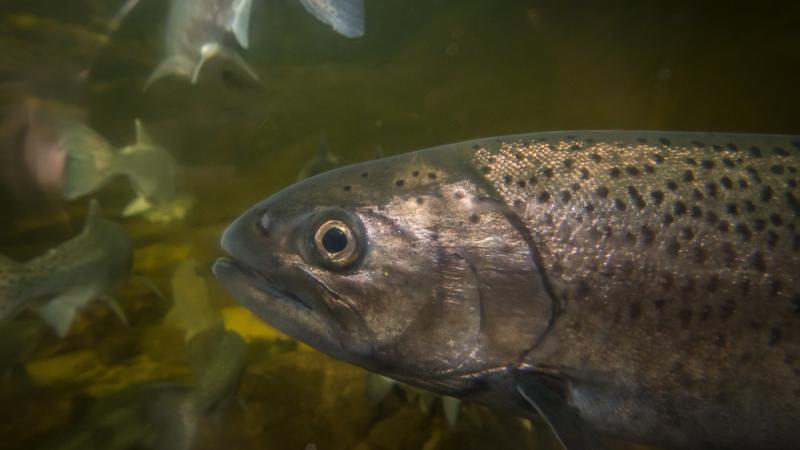
The salmon – a celebrated symbol of the Pacific Northwest – faces threats that include habitat destruction, dams and pollution. All Pacific salmon rely on clean water and habitat, which are easily damaged by stream bank erosion from logging, vegetation removal from development and chemical pollution from urban and agricultural runoff. Dams used for hydropower can also block salmon migration, reduce important spawning habitat and create conditions that are favorable for salmon predators.
How you can help
-
Use Seafood Watch
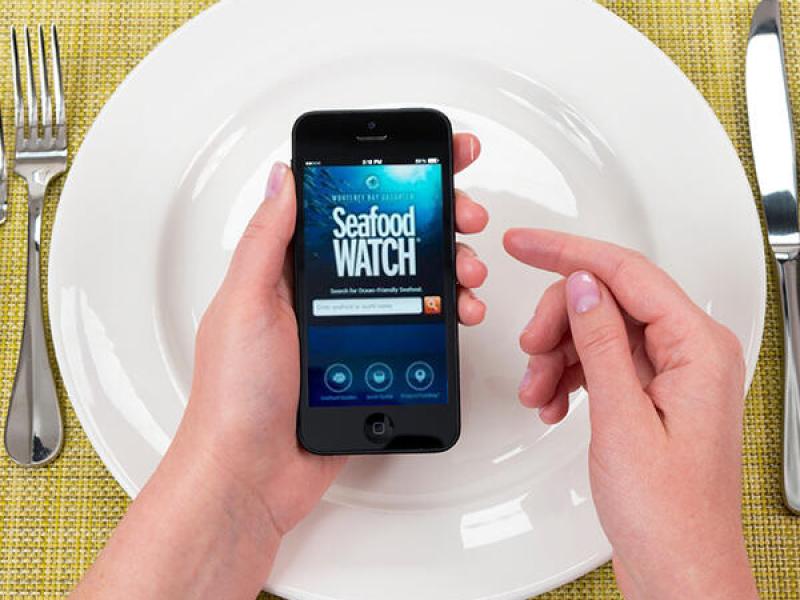
The demand for seafood profoundly impacts fish populations and marine habitats worldwide. As a result, some species of fish commonly found on menus are now severely imperiled in the wild. Consumers can make choices that are healthier for oceans by using the Seafood Watch, which ranks seafood as "best choice," "good alternative" or "avoid", based on issues affecting each species. The guide also lets users share locations of restaurants and markets where they've found sustainable seafood.
-
Choose non-toxic garden pest control
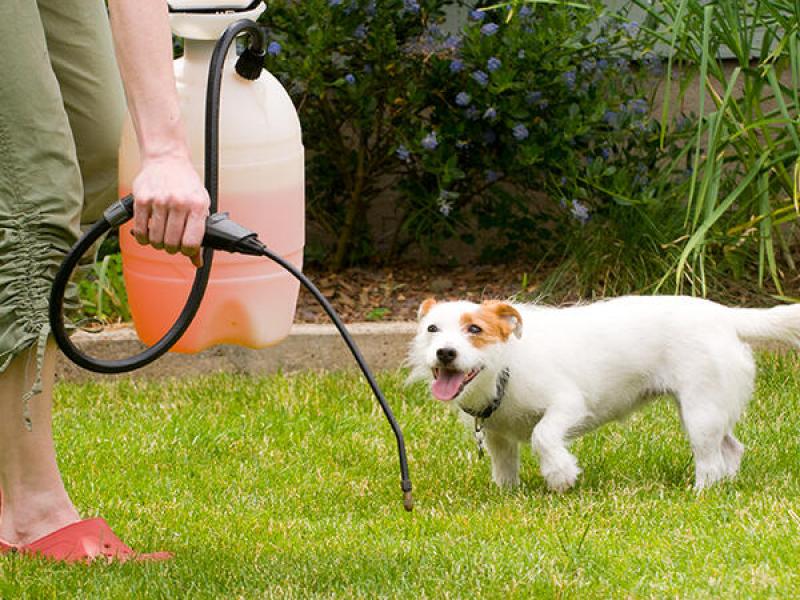
Garden products like pesticides and fungicides can harm wildlife — not just garden pests — and pollute the environment. Learn more about getting rid of pests without chemicals.
-
Water your lawn and plants in the morning and evening
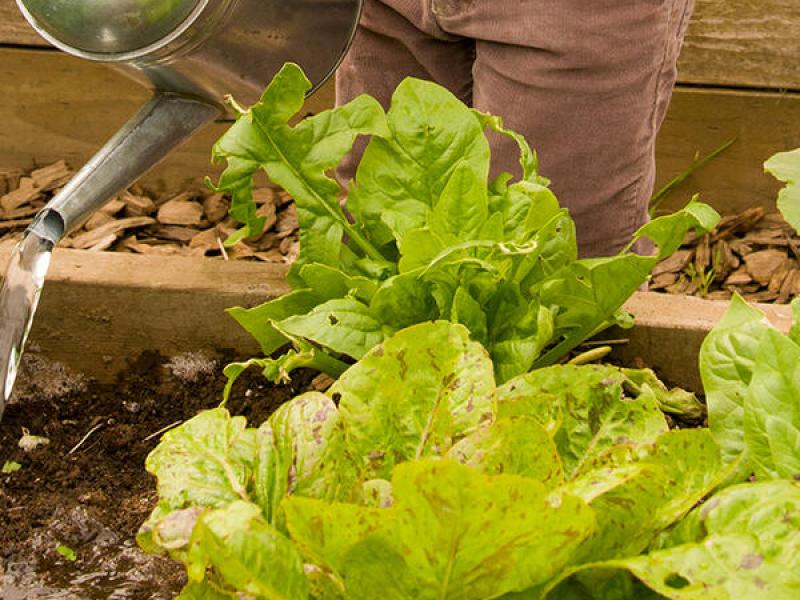
Conserving water leaves more water in the local waterways, and helps preserve aquatic habitats and the species that rely on them. Watering your lawn when the sun is low helps avoid evaporation. It also helps avoid excessive watering, which can carry pollutants and sediments back into the water source.
-
Make your own non-toxic cleaners
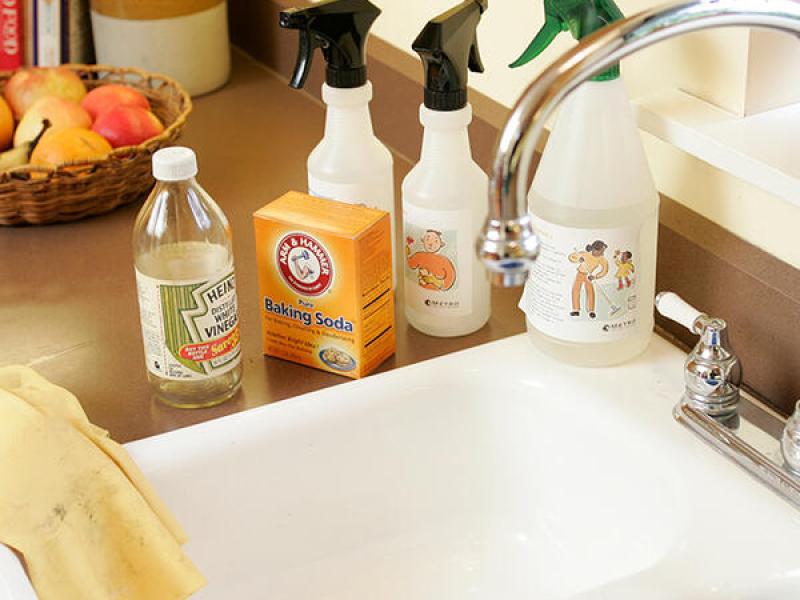
Using cleaners made from everyday ingredients like baking soda, rubbing alcohol and vinegar helps keep pollutants out of waterways and the air. Store-bought products used to clean laundry, surfaces and dishes often contain chemicals that can poison wildlife and contaminate ecosystems. Get cleaner recipes here.
-
Waste less food at home
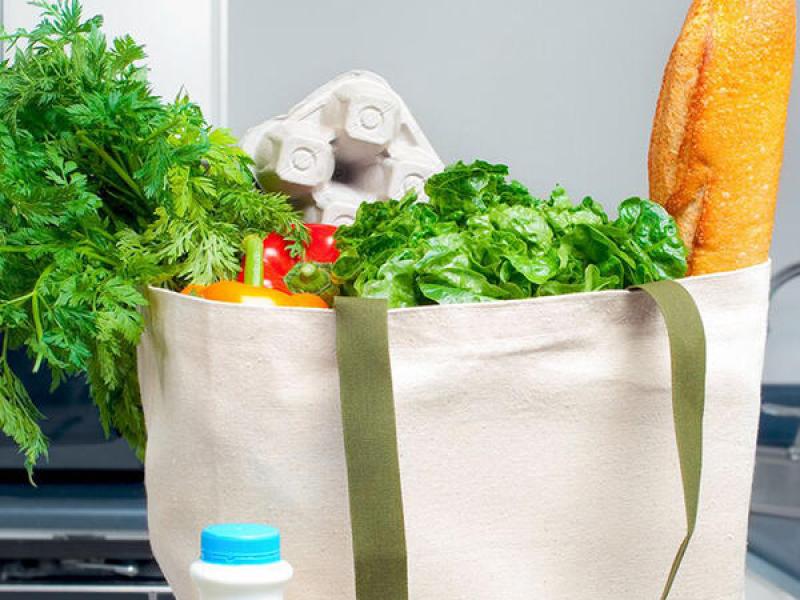
Forty percent of the food we buy never gets eaten, and wasted food hurts wildlife. Agriculture and food transportation can damage habitats worldwide, from the Arctic to the plains. Storing food properly, considering portions and shopping carefully can help prevent the wasting of food and prevent the burning of fossil fuels to transport it. These simple actions help protect wildlife and the habitats we all depend on.
-
Donate to the Oregon Zoo Foundation
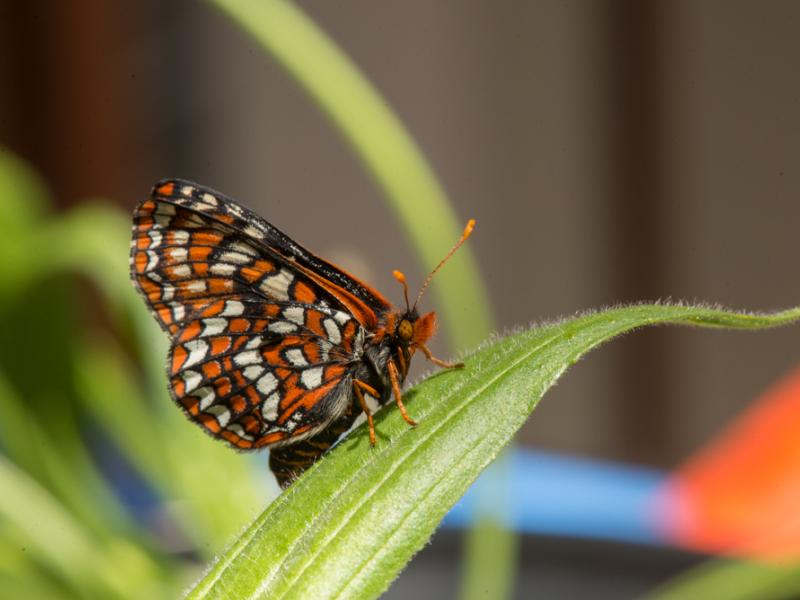
Donate now and make a world of difference for wildlife!


